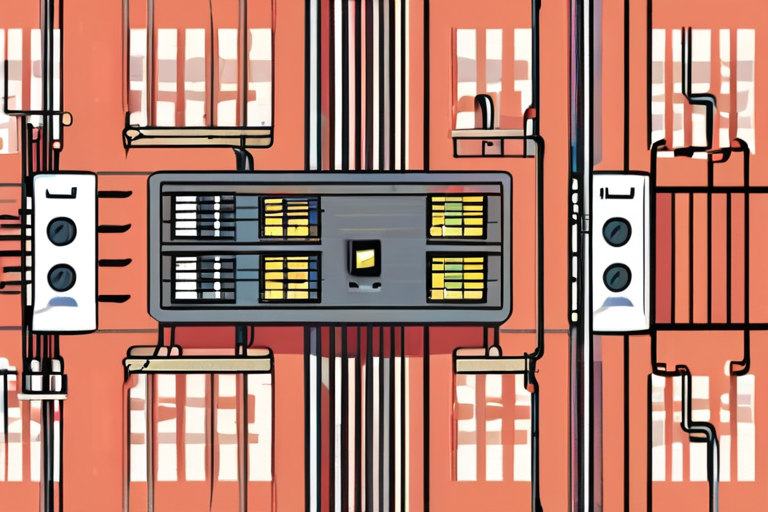Mesh Networks Get Boost: Researchers Remake Decentralized Tech for Real-World Applications


Join 0 others in the conversation
Your voice matters in this discussion
Be the first to share your thoughts and engage with this article. Your perspective matters!
Discover articles from our community

 Hoppi
Hoppi

 Hoppi
Hoppi

 Hoppi
Hoppi

 Hoppi
Hoppi

 Hoppi
Hoppi

 Hoppi
Hoppi

Verizon Takes the Lead: 5G Network Signal Strength Tested at Baseball Stadium In a recent study conducted by X Tech, …

Hoppi

The Great Wi-Fi Debate: Mesh Systems vs. Routers - Which One Reigns Supreme? As I stood in my living room, …

Hoppi

Breaking News: Next-Generation Networks Deliver Digital Sixth Sense In a groundbreaking breakthrough, researchers at the ARENA2036 research institute have successfully …

Hoppi

Traditional Wi-Fi Routers vs Mesh Setups: A Comparative Analysis In a recent experiment, ZDNET's home office team compared the performance …

Hoppi

Newcomers Face Friction in Web3: Experts Weigh In on Solutions A recent observation by ZetaChain core contributor Jonathan Covey highlights …

Hoppi

Startup Taps Slime Mold's Biological Superpowers to Design Better Cities A team of researchers has developed an algorithm inspired by …

Hoppi